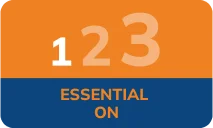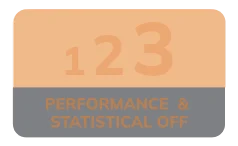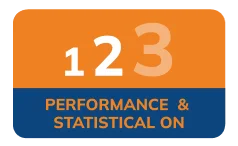Common Reporting Standard (CRS)
Governments around the world are adopting a new Automatic Exchange of Information (AEoI) standard between tax authorities in certain countries. This legislation is known as the Common Reporting Standard (CRS) and is seen as a critical tool in the world wide fight against tax evasion. To date, more than 100 countries, including the UK, Islands (Jersey, Guernsey, Isle of Man) and Gibraltar, have committed to adopting the CRS.
To comply with the CRS, participating jurisdictions must obtain certain customer information from their Financial Institutions and exchange that information on an annual basis with other participating jurisdictions.
In the UK, our first CRS report to HM Revenue & Customs (HMRC) in respect of customers we have identified as ‘Reportable Persons’ is required to be submitted by 31 May, 2017.
How does the Common Reporting Standard impact me?
Under the CRS, ICICI Bank UK Plc is required to identify customers who are tax resident in one country but with financial accounts held in another for inter-jurisdiction reporting purposes. To do this we need to collect and report certain information on the ‘reportable person’ and their financial account(s) to the local tax authorities.
Most customers will not need to do anything. The majority of our customers will be identified as UK resident for tax purposes in the UK and therefore not ‘reportable’. However, there will be some customers who based on the information we hold, we believe to be ‘reportable persons’ or ‘reportable entities’.
As a customer of the Bank if we consider that you are a reportable person or reportable entity we will write to you prior to sharing the required information with HMRC.
Do I need to do anything?
No, as a customer of the Bank if we consider that you are a reportable person or reportable entity we will write to you prior to sharing the required information with HMRC.
You do not need to take any further action until otherwise you feel that the information we hold is incorrect
What does the Common Reporting Standard mean for customers?
ICICI Bank UK Plc is obliged to report to the local tax authority, the customers with a financial account who are tax resident in another participating jurisdiction. The local tax authority will then pass this information onto the participating jurisdiction where it has been established that the customers are resident for tax purposes.
Where can I find out more about the CRS?
There has been significant press coverage on CRS and there are many resources available, including information on HMRC’s website. You may also like to look at the Organisation for Economic Cooperation and Development (OECD) website where more in-depth technical information on the rules governing tax residency have been published by each national tax authority.
Frequently Asked Questions
We have put these FAQs together to help you understand the CRS legislation and why ICICI Bank UK Plc needs to comply as it plays its part in the world-wide fight against tax evasion.
These FAQ’s are intended to answer any questions you may have if you have been contacted by us to confirm that we will be providing information on you and your account to HMRC in accordance with the CRS.
Important Note: ICICI Bank UK Plc cannot provide help or advice to customers on CRS or any other tax related matter.
If your questions are not answered by the literature or FAQs sent with the letter or, if you do not understand your tax obligations, you may need to wish to seek independent tax advice from a tax or financial advisor as the ICICI Bank UK Plc cannot provide customers with tax advice.
Scroll to Top







